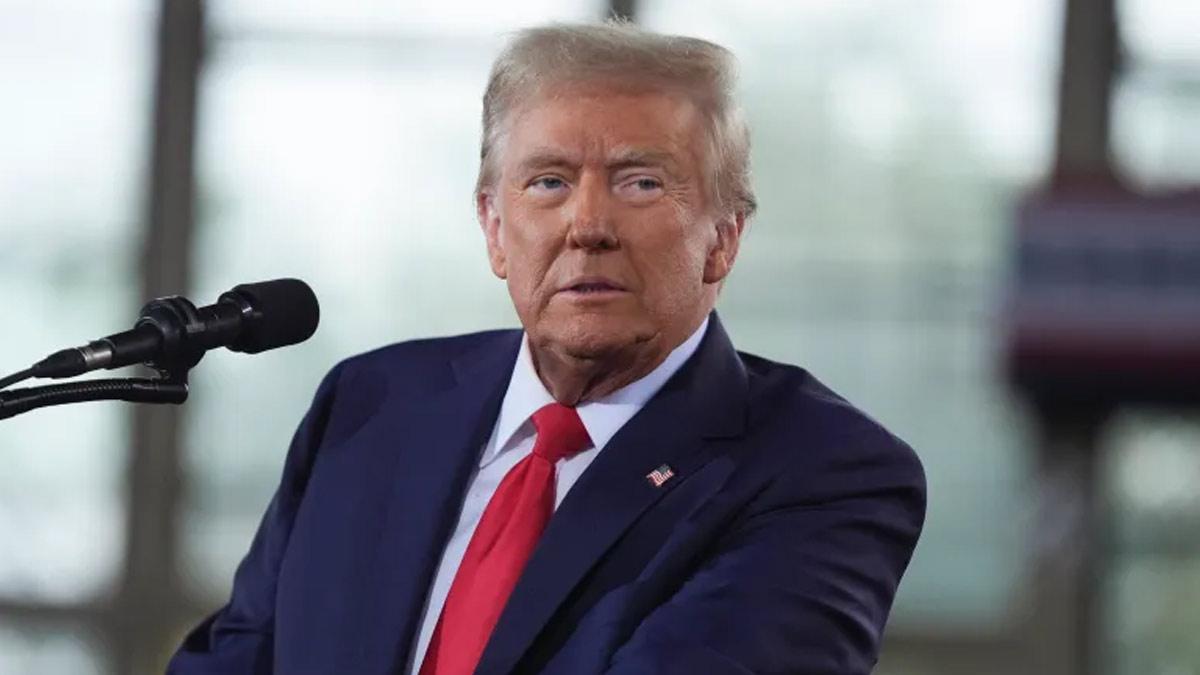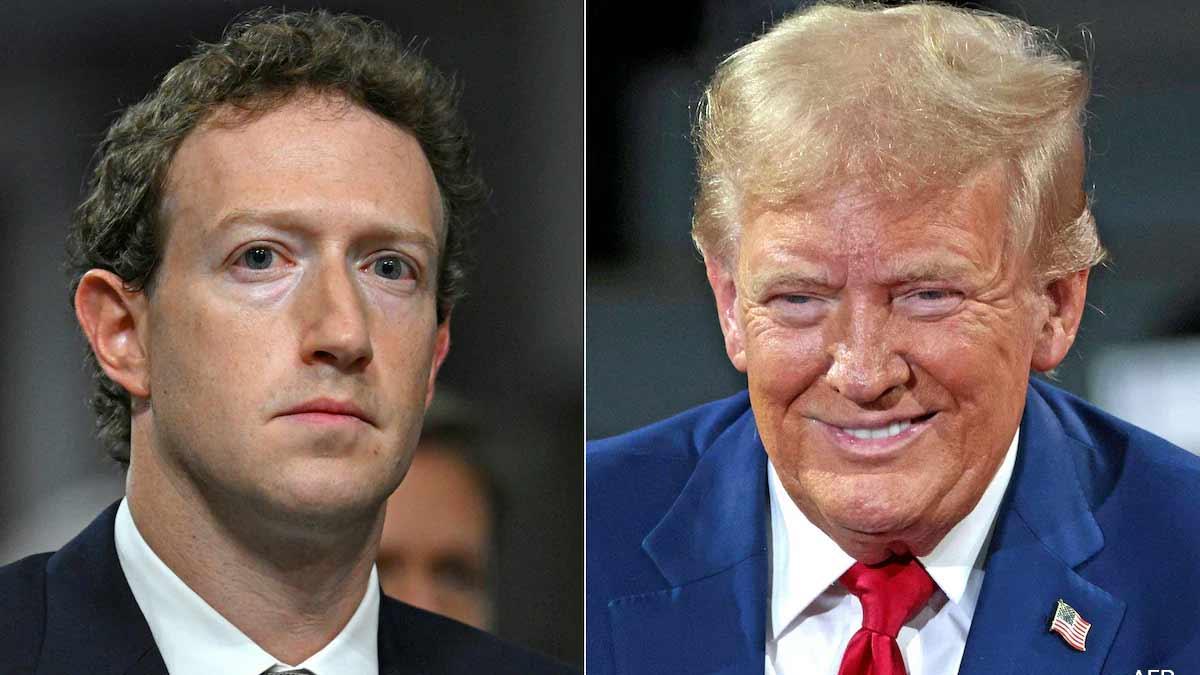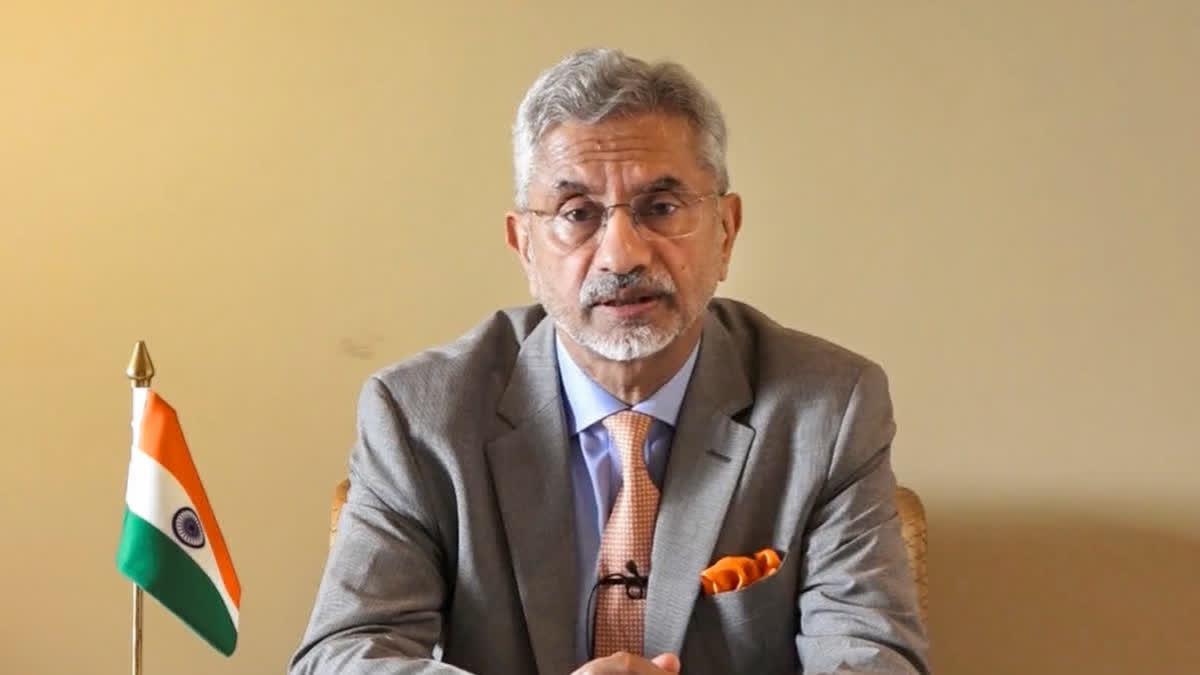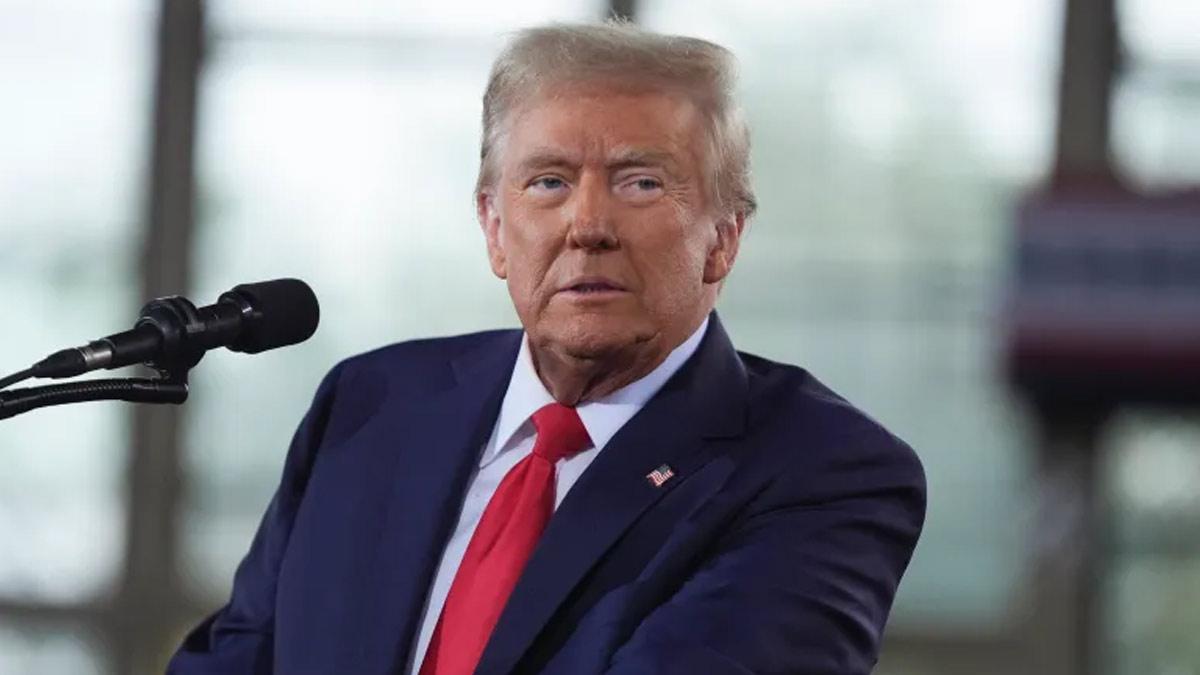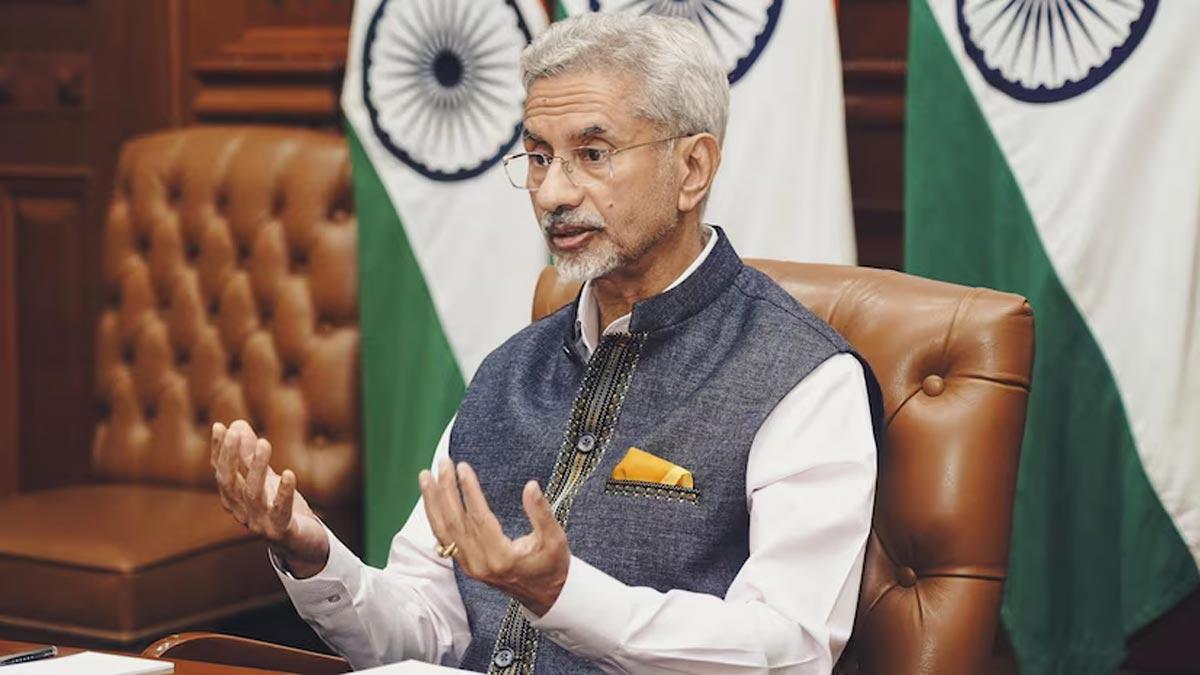US President Donald Trump has announced that direct talks between the United States and Iran will start Saturday, marking a top-level diplomatic gesture to rein in Tehran's nuclear drive. Addressing a press conference with Israeli Prime Minister Benjamin Netanyahu, Trump said the first meeting would be held "almost at the top" level.
Although the President did not disclose the names of the negotiators or the location, he stressed repeatedly that the talks would be "at the very top" and include people "almost at the highest level."
The news comes after previous overtures by Trump to bring Iran to the negotiating table—an invitation that was initially rejected by Iran's Supreme Leader Ayatollah Ali Khamenei.
Trump, who pulled the US out of the 2015 Joint Comprehensive Plan of Action (JCPOA) in his first term, has had a pressure-focused approach towards Tehran. The Obama-era JCPOA agreement, negotiated with the UN Security Council's P5+1 countries (US, UK, France, Russia, China, and Germany), had removed global sanctions in exchange for Iran scaling back its nuclear program. Trump's administration ditched the deal, saying it was not enough to restrain Iran's ambitions.
Confirming the negotiations, Trump stated, "We are having direct discussions with Iran. We have a very large meeting, and we will see what can happen. And I believe everybody agrees that making a deal would be better than making the obvious."
He then made a stark threat, proposing that military action was not out of the question: "The obvious is not something I want to be engaged in—or frankly that Israel would want to be engaged in—if they have a choice."
Trump declared that keeping Iran from getting its hands on a nuclear weapon remains off the table. "If the talks fail with Iran, I believe that Iran is going to be in serious trouble," he stated. "Iran is not allowed to have a nuclear weapon. That's it. You can't have it ready immediately."
In a dramatic aside, the US president also hinted that some nuclear-armed nations might be targeted, saying some nations "should not have" nuclear weapons—but refraining from naming them or specifying any intended action. Presently, nine nations are confirmed or suspected of having nuclear capabilities: the US, Russia, China, Britain, France, India, Pakistan, North Korea, and Israel.
Read also| China’s Intensifying Drills Raise Alarm in Taiwan Over Potential Sudden Attack
Read also| PM Modi Highlights ‘Unbreakable Bond’ with Sri Lanka After Productive Talks in Colombo

